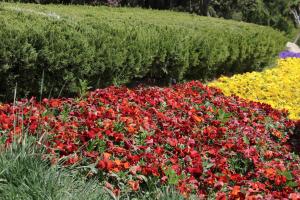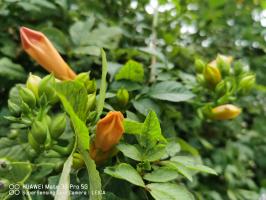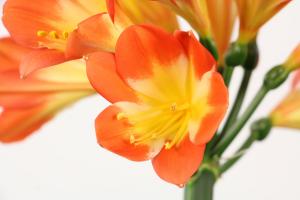Can I Use Laundry Water to Water Plants?
If you're looking for ways to be eco-friendly and save money at the same time, you might be wondering whether you can use laundry water to water plants. It's a question that many people ask, and the answer is yes! Here's what you need to know about using laundry water to water plants.
The Benefits
Using laundry water, also known as greywater, to water your plants has several benefits. First and foremost, it helps you conserve water by giving you an alternative source of water that you would otherwise be wasting. Your plants will also benefit from the nutrients that are present in the laundry water, such as phosphorus and potassium, which can help promote healthy growth. Additionally, using greywater for irrigation can potentially reduce your water bill and save money in the long run.
Things to Consider
Before you start using laundry water to water your plants, there are some things you need to consider. First and foremost, you need to make sure that your laundry detergent is safe for your plants. Some detergents contain chemicals that can harm or even kill your plants, so it's essential to choose a detergent that is plant-friendly. You'll also need to be careful about the types of plants you're watering; plants that are sensitive to high levels of sodium, such as ferns or palms, may not do well with greywater irrigation because of its relatively high sodium content. Finally, it's important to note that greywater can also contain bacteria, so you should avoid using it on food crops that will be consumed raw.
How to Use Laundry Water for Irrigation
Once you've checked your detergent and identified the types of plants that will benefit most from greywater irrigation, you're ready to start using laundry water to water your plants. The easiest way to do this is by installing a diversion system that diverts water from your washing machine's drain to your garden or landscape irrigation system. You can also manually collect laundry water in a bucket and carry it outside to water your plants. Whatever method you choose, make sure you're using the laundry water as soon as possible to prevent it from becoming stagnant or developing bacteria.
The Bottom Line
Using laundry water to water plants is an eco-friendly and cost-effective way to irrigate your garden or landscape. By conserving water and using nutrients that would otherwise be wasted, you can promote healthy plant growth and save money on your water bill. However, you need to choose the right detergent and be careful about the types of plants you're watering to avoid any negative impacts. If you follow these guidelines, your plants will thrive, and you'll be doing your part to conserve water and protect the environment.

 how many times do yo...
how many times do yo... how many planted tre...
how many planted tre... how many pine trees ...
how many pine trees ... how many pecan trees...
how many pecan trees... how many plants comp...
how many plants comp... how many plants can ...
how many plants can ... how many plants and ...
how many plants and ... how many pepper plan...
how many pepper plan...






























